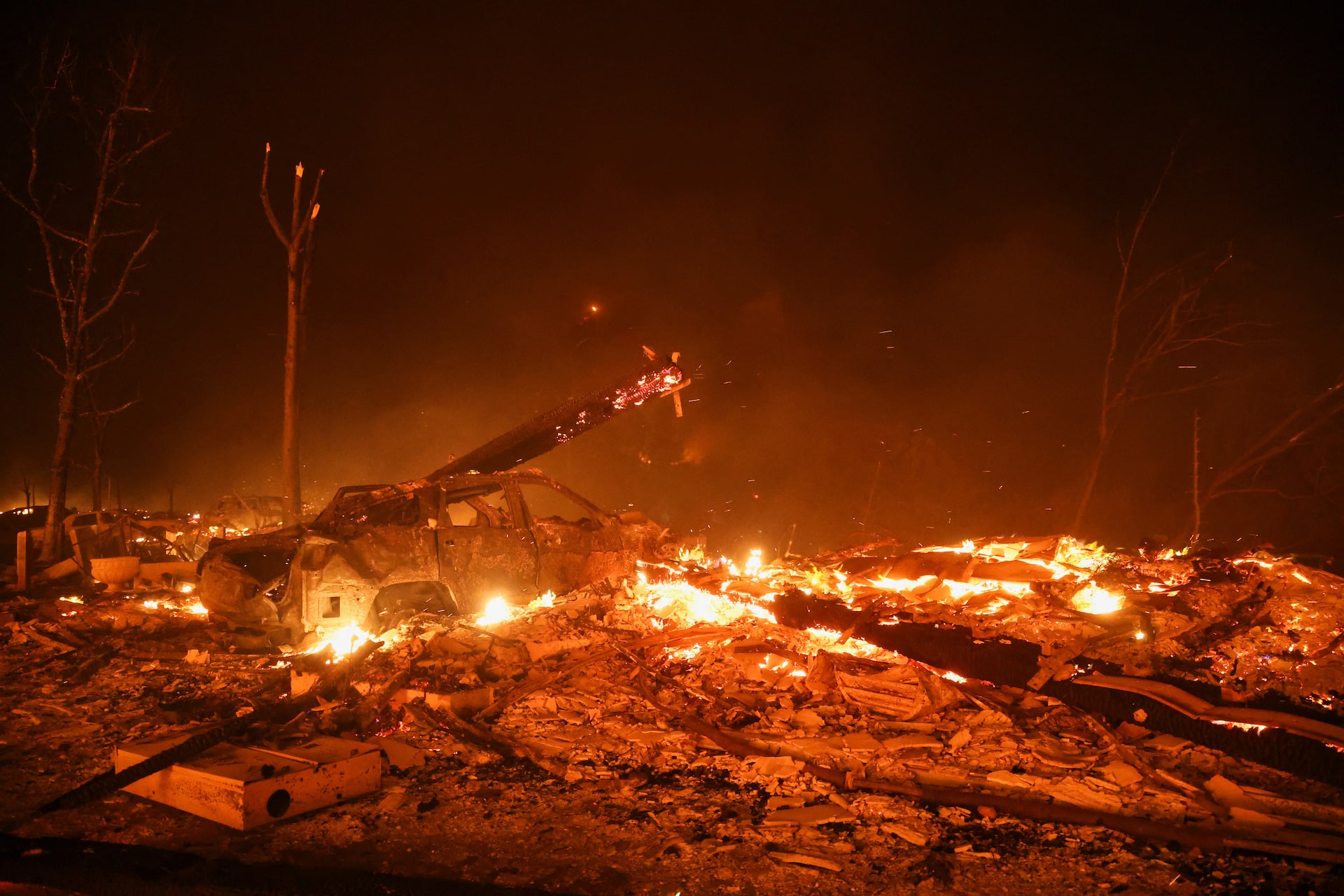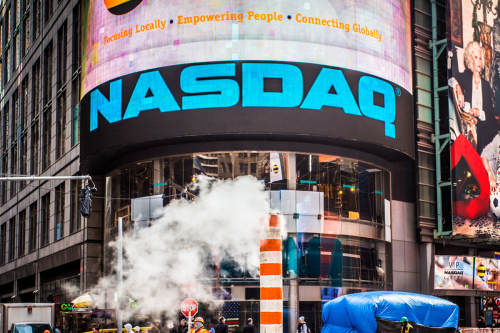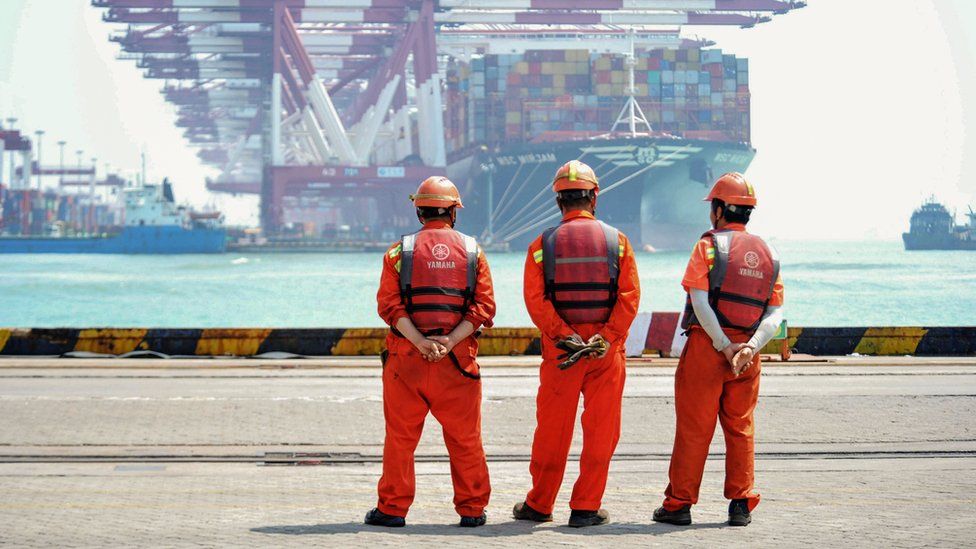Is Betting On Wildfires The New Normal? The Los Angeles Case

Table of Contents
The Increasing Financialization of Wildfire Risk in Los Angeles
The escalating frequency and intensity of wildfires in Los Angeles have spurred the creation of a complex financial ecosystem built around wildfire risk. This "financialization" involves the development of numerous insurance products, derivatives, and investment vehicles designed to manage and, some argue, profit from, wildfire-related losses.
This intricate web includes:
- Increased premiums for homeowners insurance: Residents in high-risk areas are facing exponentially higher premiums, making homeownership increasingly unaffordable for many. This creates a significant disparity, disproportionately impacting lower-income communities.
- Development of parametric insurance products: These innovative products offer payouts based on pre-defined triggers, such as the intensity of a fire or its proximity to a property, streamlining the claims process and potentially providing faster relief. However, the precise definition of these triggers can be complex and subject to dispute.
- Rise in catastrophe bonds (cat bonds): These securities transfer wildfire risk from insurance companies to investors. If a significant wildfire event occurs, investors may lose some or all of their investment, while the insurance company is protected. This innovative approach spreads the risk, but it also introduces new layers of complexity and potential vulnerability.
- Investment in wildfire prediction technologies: Significant capital is flowing into the development of advanced technologies, including AI and machine learning, aiming to improve wildfire prediction and prevention. This offers hope for better risk management but also raises questions about data access and potential biases in these predictive models.
These financial instruments represent a significant shift in how wildfire risk is perceived and managed. However, this shift also raises significant ethical questions.
Ethical Concerns: Profiting from Disaster in Los Angeles
The financialization of wildfire risk in Los Angeles raises serious ethical concerns. The very notion of "profiting from disaster" is ethically problematic, particularly when the profits accrue to large corporations while vulnerable communities bear the brunt of the losses.
Key concerns include:
- Concerns about "disaster capitalism": Critics argue that the financialization of wildfire risk exacerbates existing inequalities and prioritizes profit maximization over community resilience. The focus becomes mitigating financial losses rather than addressing the root causes of wildfires and protecting vulnerable populations.
- Potential for exacerbating inequality: Increased insurance premiums and the complexity of new financial products can leave lower-income communities underserved and disproportionately exposed to wildfire risk. Access to effective wildfire protection becomes a matter of financial privilege.
- Moral hazard considerations: The availability of insurance might inadvertently incentivize riskier behavior, such as building in high-risk areas without adequate fire-resistant construction.
- Lack of transparency in financial instruments related to wildfires: The complexity of derivatives and catastrophe bonds can obscure the true cost and risk associated with wildfire events, making it difficult for communities and policymakers to make informed decisions.
The Role of Climate Change and Urban Planning in the Los Angeles Wildfire Equation
The increasing frequency and intensity of wildfires in Los Angeles are inextricably linked to climate change and urban planning practices. Climate change is driving prolonged droughts, rising temperatures, and more extreme weather events, all of which create ideal conditions for wildfires to ignite and spread rapidly.
This is further compounded by:
- Rising temperatures and drought conditions: These create tinder-dry conditions that fuel the rapid spread of wildfires.
- Increased fuel loads in urban-wildland interfaces: Urban sprawl encroaching on wildlands increases the interface between human development and flammable vegetation, creating a dangerous mix that increases the risk of devastating wildfires.
- Inadequate preventative measures and fire suppression strategies: Underinvestment in preventative measures, such as controlled burns and improved forest management, has left Los Angeles vulnerable to large-scale wildfires.
- The influence of climate change models in predicting future risk: Climate change models predict even more intense and frequent wildfires in the future, underscoring the urgency of adapting to this new reality and developing robust risk management strategies.
These environmental and planning factors significantly influence the financial landscape surrounding wildfire risk, driving the need for comprehensive and proactive strategies.
The Future of Wildfire Risk and Financial Instruments in Los Angeles
Looking ahead, the future of wildfire risk in Los Angeles is intrinsically linked to advancements in risk assessment and financial modeling. The role of technology will be paramount.
Key trends include:
- Advancements in wildfire prediction and modeling: Improved predictive models using AI and machine learning will likely lead to more accurate risk assessments, helping to inform insurance pricing and community preparedness efforts.
- The use of AI and machine learning in risk assessment: These technologies offer the potential to analyze vast datasets to identify patterns and predict wildfire behavior more effectively.
- Potential government regulations and incentives: Governments may introduce new regulations and incentives to encourage better land management practices, wildfire prevention, and community resilience.
- Community-based adaptation strategies: Empowering communities to participate in risk reduction efforts will be crucial, fostering a sense of collective responsibility and creating more resilient neighborhoods.
Is Betting on Wildfires the New Normal? A Call to Action
This article has explored the growing financialization of wildfire risk in Los Angeles, highlighting both the opportunities and the significant ethical and societal challenges it presents. The question remains: Is "betting on wildfires" truly becoming the new normal? While managing risk through financial instruments is necessary, it's crucial to prioritize community resilience and equity over purely speculative financial gains. We must move beyond simply transferring risk and instead focus on proactive mitigation strategies, fostering community preparedness, and ensuring that financial instruments contribute to a more equitable and sustainable future.
We urge you to learn more about wildfire risk in your community, advocate for policies that prioritize community resilience, and support responsible investment in wildfire preparedness and mitigation efforts. The future of Los Angeles, and other wildfire-prone regions, depends on our collective ability to move beyond simply “betting on wildfires” and instead focusing on building truly resilient communities.

Featured Posts
-
 Boeings Jeppesen Division Sold To Thoma Bravo In 5 6 Billion Deal
Apr 23, 2025
Boeings Jeppesen Division Sold To Thoma Bravo In 5 6 Billion Deal
Apr 23, 2025 -
 Ankara 3 Mart Pazartesi Iftar Ve Sahur Saatleri 2024
Apr 23, 2025
Ankara 3 Mart Pazartesi Iftar Ve Sahur Saatleri 2024
Apr 23, 2025 -
 Adeyemis Style Ein Bvb Profi Praesentiert Sich In Dortmund
Apr 23, 2025
Adeyemis Style Ein Bvb Profi Praesentiert Sich In Dortmund
Apr 23, 2025 -
 Bangkitkan Semangat 350 Kata Inspirasi Untuk Hari Senin
Apr 23, 2025
Bangkitkan Semangat 350 Kata Inspirasi Untuk Hari Senin
Apr 23, 2025 -
 Chinas Shift From Us To Canadian Oil Amidst Trade Tensions
Apr 23, 2025
Chinas Shift From Us To Canadian Oil Amidst Trade Tensions
Apr 23, 2025
